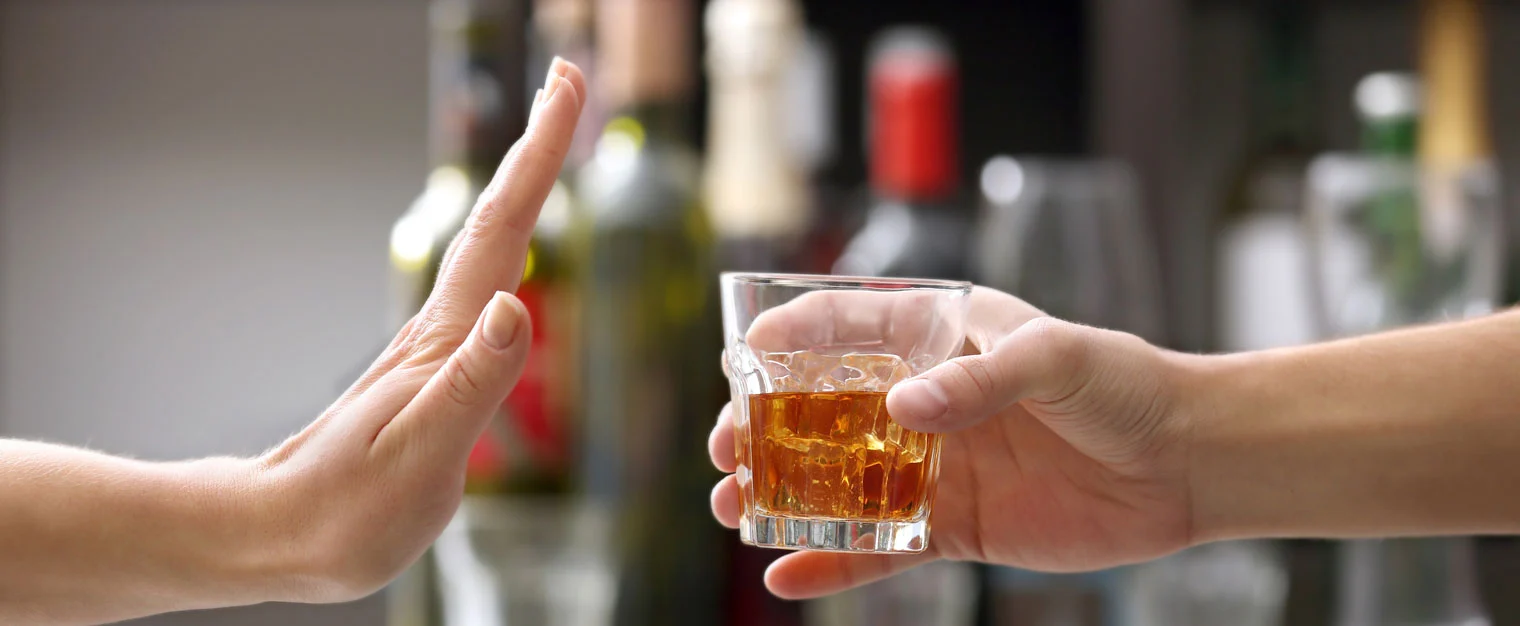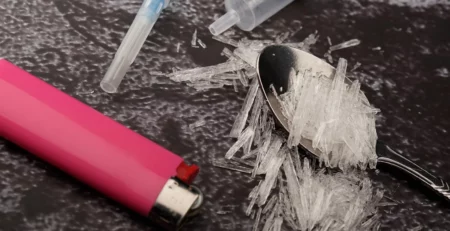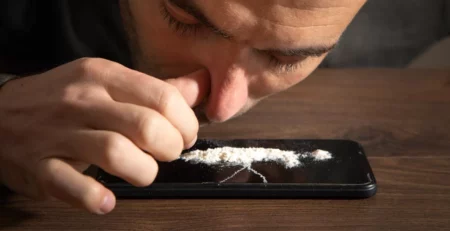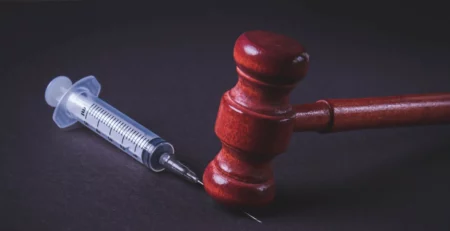Can Recovering Alcoholics Drink Again?
Is Drinking Alcohol a Safe Choice After a Period of Sobriety?
If you or a loved one is in recovery after alcohol addiction, you might ask yourself: Can recovering alcoholics drink again? Quitting drinking is a life-changing milestone – so congratulations on putting an end to alcohol abuse. A question that might be better to ask than whether an alcoholic can ever drink again is if it’s worth it to start drinking after putting all that time into alcohol recovery.
Icarus Behavioral Health is a leading rehab center in Las Vegas, Nevada. We have helped numerous clients quit drinking, smoking, and using drugs. Our addiction treatment center has also helped heal the trauma or mental health concerns that led clients to drink alcohol in the first place.
Please keep reading to learn whether controlled drinking is safe after leaving substance abuse treatment. Or, should an alcoholic ever drink again at all?
When Does Alcohol Abuse Cross the Line into Alcohol Addiction?

Social drinking can easily slip across the red line and become alcohol addiction. This shift happens when the brain develops more tolerance to alcohol. Some drink socially to fit in with their friends, or “party.”
But when that habit becomes chronic, the brain starts to see it as a “reward” and look forward to it – or even crave the alcohol.
As someone gives into the cravings and starts drinking alcohol more often or in larger amounts, the person develops tolerance. That means they must consume even more alcohol to achieve the same results.
The person may eventually develop an Alcohol Use Disorder. When someone has been diagnosed with an alcohol use disorder it is the opinion of the majority of medical professionals that it will never be ‘safe’ to drink again.
Get Effective Alcohol Detox and Rehab Options – Call Now!
What Is An Alcohol Use Disorder?
The Diagnostic and Statistical Manual of Mental Disorders (DSM-5), states that the criteria for an Alcohol Use Disorder (AUD) diagnosis occurs when someone meets at least two of the following criteria over twelve months:
- More alcohol consumption or longer than intended.
- Unsuccessful efforts to cut down or stop drinking.
- Spending a lot of time obtaining, using, or recovering from alcohol.
- Craving or a strong desire to drink alcohol.
- Recurrent alcohol abuse, thus failing to fulfill obligations at work, school, or home.
- Continued alcohol abuse despite social or interpersonal problems caused by how much alcohol they drink.
- Giving up or reducing important social, occupational, or recreational activities due to the drinking problem.
- Recurrent alcohol use in situations, even when it might be physically hazardous.
- Continued dangerous drinking patterns use despite knowledge of having physical health symptoms, such as harm to internal organs or high blood pressure. It also includes psychological symptoms caused or worsened by alcohol.
- Desiring larger amounts of alcohol to achieve intoxication or a markedly diminished effect when drinking the same amount.
- They experience withdrawal symptoms when stopping drinking.
If you are a recovering alcoholic, that’s a friendly reminder of how far you’ve come. However, if you are reading this page out of concern for a loved one, that might be new, helpful information that can help you support them on their continued recovery journey.
If You’ve Quit Drinking, Is it Safe to Drink in Moderation?

Whether it’s safe for recovered alcoholics to drink alcohol in moderation or abstain altogether is a debated topic among addiction treatment experts, but the general consensus is that choosing to drink again once one has been diagnosed with an AUD is an unhealthy and dangerous choice.
Let’s look at the arguments for abstinence versus a Moderation Management Program.
Supporters of Complete Abstinence From Drinking Know the Negative Consequences
Our medical professionals at Icarus Behavioral Health Nevada strongly steer clients toward abstinence from alcohol after seeking treatment. This view is based on our years of experience. We have heard the stories of countless clients who came to our alcohol rehab after a sip turned into one drink that turned into another small drink, then a whole bottle. Sometimes, we have received new clients just days after leaving another recovery center.
We are not alone in our assessment that no drinking is the best way to maintain sobriety; that is also the stance of Alcoholics Anonymous (AA), inarguably the leading alcohol support group for any recovering alcoholic.
A 2020 article from Stanford University Medicine agrees, citing a study about how the AA approach of alcohol abstinence is the most effective path to long-term recovery. They note how AA serves as an emotional support group and also has opportunities for social interactions with other members.
Get Immediate Help For Problem Drinking – Call Now!
The Supporters of Moderate Drinking Consider it Harm Reduction
The Moderation Management approach suggests that some people in recovery can drink in moderation after abstaining for a set period. However, the moderate drinking approach does not work for every person.
Each person’s struggle while quitting alcohol is unique. While some may drink in moderation after early recovery, that is not true for all.
The relapse risk can be high for some who opt for the moderation approach. It’s especially difficult for anyone who does not have a strong support system. It can be worse around loved ones who enabled them to abuse alcohol all along.
A Wise Observation About the “Drink in Moderation” Theory
One medical professional on our team once observed that a Moderation Management Program may be harm reduction for someone who has not had a successful recovery. It can also help someone with severe alcohol addiction avoid lethal or uncomfortable withdrawal symptoms. On the other hand, controlled drinking can be the undoing of all the learned healthy behaviors for someone who has completed treatment.
Can a recovering alcoholic drink occasionally? Our opinion is no.
Bethany Came to Icarus After Staying Sober for a While…Then a Relapse

Bethany, a single professional with an incredible career in Las Vegas, came to Icarus, Nevada, after a relapse into alcohol abuse. She had attended therapy and was very proud of how she’d learned to replace drinking with meditation. She’d often share her story, describing herself as a recovered alcoholic.
But Bethany began to wonder if alcoholics ever drink and Googled for the answer. She learned about drinking moderately after sobriety. While she understood the risks involved, she had an unrealistic sense of how tenuous her circumstances really were.
She went out one evening with friends who were heavy drinkers. She was able to successfully drink just one drink. But the controlled drinking that night led her to believe she could do it again. The next weekend, she increased the one cocktail to include a little more alcohol intake.
An Experiment in Controlled Drinking Goes Awry
Without intending to, the controlled drinking had reignited Bethany’s unhealthy relationship with alcohol. She was soon back to having withdrawal symptoms when she’d stop drinking after a night out on the Strip.
Bethany knew she was in trouble and decided to seek support at Icarus. We dug deep to identify triggers to start drinking – it turned out that unkind family members had bullied Bethany as a child. As a result of her negative childhood, Bethany desperately wanted to fit in and did so by drinking. Once we understood the mental health part of her story, the rest of her alcohol treatment was much easier.
Today, Bethany is still overcoming the childhood hurts, but she’s in family therapy with her aging parents and attends alcohol support groups. Bethany has chosen abstinence instead of giving in to her cravings this time.
Can Recovering Alcoholics Drink Again? This Cost-Benefit Analysis Worksheet Can Help You Decide

While abstinence is the only option we suggest, we also understand that some will choose to drink. Before drinking, we ask that you complete a Cost-Benefit Analysis. You have worked hard quitting alcohol and enjoying a new healthy relationship with alcohol. Many past clients have told us that completing this short exercise was worth the ten minutes.
This cost-benefit analysis helps you weigh the benefits of “just one drink” vs. possible costs. The goal is to make an informed decision after considering potential outcomes. List your pros and cons, including mental and physical health consequences. Once you apply this logic, you’ll probably agree that drinking again isn’t worth the possible relapse.
Icarus Nevada Accepts Most Insurance and Self-Pay Clients
Icarus Behavioral Health works with all the top insurance companies and self-pay clients. Don’t take the risk if you are unsure how to navigate the insurance pre-determination of benefits alone.
Call us for help with these insurance matters. Our expert admissions team will take care of this for you.
Phone us with your contact information and the data from your insurance card, then relax. We will take it from there and call you back with the insurance company’s decision on benefits.
Up To 100% of Rehab Costs Covered By Insurance – Call Now!
Connect With Icarus in Las Vegas for Help with Alcohol Abuse
Are you ready to stop struggling today? The entire Icarus team is here to help you quit drinking once and for all. You are not a failure or even a relapser; rather, you have an Alcohol Use Disorder, and it is treatable.
For those seeking effective alcohol treatment, our team can provide care at every stop along the journey, from partnering with a safe and effective medical detox to counseling and therapy to relapse prevention.
Connect with us today; we will discuss your needs and get immediate help from a medical professional. Help is just a quick phone call away, so make the confidential call now.











